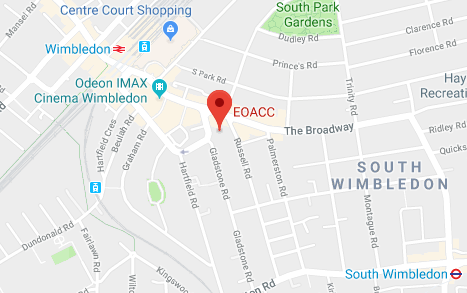Last week, King Charles delivered the King’s Speech,…
Choosing the best way to finance business asset purchases: Lease, Contract Hire or Hire Purchase? – Accountants in WImbledon
Imagine your business is flourishing, and it’s time to invest in new equipment or a company vehicle. With numerous financing options available, how do you determine the best choice for your needs? Let’s explore three popular options – leasing, contract hire, and hire purchase – so you can make an informed decision without wading through financial jargon.
Lease
Leasing involves renting an asset (like machinery, vehicles, or computers) from a finance company for a specified period. Typically, you return the asset after the lease term ends, although there may be an option to purchase it.
Short-term rentals, where payments cover the asset’s usage rather than its full value, are called operating leases. At the end of these leases, you return the item and can opt to lease a newer model.
Longer-term rentals, where payments cover the asset’s full value over time, are known as finance leases. Legally, the leasing company owns the item, but you use it as if it were yours.
Advantages of Leasing:
- Better cash flow: Low upfront costs and spread-out payments help you retain cash.
- Stay current: Easily upgrade to the latest equipment or vehicles.
Considerations for Leasing:
- No ownership: You never actually own the asset.
- Higher long-term cost: Leasing can be more expensive than buying over time.
Contract Hire
Contract hire is commonly used for vehicles. Similar to leasing, it generally includes maintenance and servicing within the monthly payments.
Advantages of Contract Hire:
- Fixed costs: Know exactly what you’ll pay each month, including maintenance.
- Cash flow friendly: Like leasing, it spreads out the cost.
Considerations for Contract Hire:
- Mileage limits: Exceeding agreed mileage can incur extra costs.
- No ownership: You can’t keep or modify the vehicle.
Hire Purchase
Hire purchase allows you to buy an asset over time. You make a deposit and regular payments, and once all payments are made, you own the asset.
Advantages of Hire Purchase:
- Ownership: At the end, the asset is yours.
- Predictable payments: Fixed monthly payments simplify budgeting.
Considerations for Hire Purchase:
- Higher upfront cost: Requires a larger initial deposit compared to leasing.
- Maintenance responsibility: You are responsible for upkeep and repairs.
- Cash flow impact: Higher monthly payments can initially strain cash flow.
Making the Decision
To choose the best option, consider these points:
- Cash flow: How much can you afford each month? Leasing and contract hire usually have lower monthly payments.
- Duration of use: If you need the asset for the short-term or it quickly becomes outdated, leasing or contract hire might be more suitable.
- Ownership needs: If owning the asset is essential, hire purchase is the better option.
- Financial impact: Leasing keeps liabilities off your balance sheet, whereas hire purchase adds both an asset and a liability.
Conclusion
Choosing the right way to finance your new asset doesn’t have to be complex. By considering your business’s cash flow, the duration you’ll need the asset, and whether ownership is important, you can select the best financing option for you.
Tax implications can also influence your decision. For personalized advice, feel free to contact us at any time. Our team of experts is ready to help you navigate the complexities of asset financing and find the best solution for your business. Get in touch with our Wimbledon accountants today!

